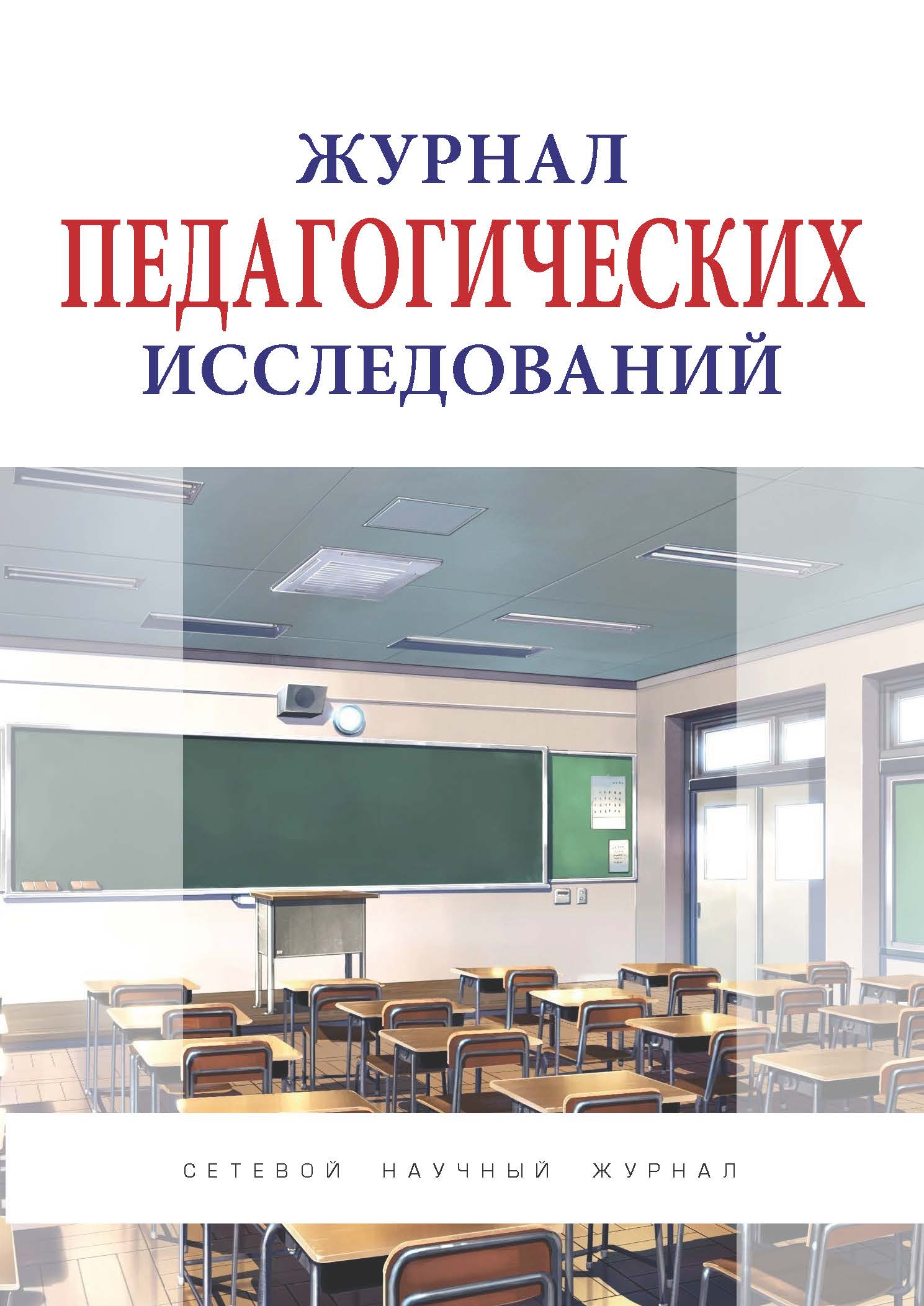Russian Federation
The article is devoted to the problem of studying the transformation of the life worlds of children and youth using epistolary sources of the period of perestroika in the USSR. The relevance of the article is dictated by the insufficiency of scientific developments based on letters from children and youth as a subject of research. Attention is focused on the consideration of the epistolary genre as an attribute of the everyday life of a Soviet schoolboy. The author of the article analyzes children's texts stored in his own collection - letters from peers from socialist countries (GDR, Bulgaria, Poland, Romania). Socio-psychological portraits of children from different countries, their interests, values, described and experienced events are presented. As an example of children's diplomacy, the biographies and quotations of children's letters by Samantha Smith and Katya Lycheva, who played a significant role in shaping the worldview and value orientations of the perestroika generation, are given.
autobiographical research method, childhood, perestroika, letters, reconstruction, event, epistolary activity, epistolary genre, youth
1. Bodriyyar Zh. Simulyakry i simulyacii (per. s fr. A. Kachalova). M.:POSTUM, 2018. 240 s.
2. Gur'yanchik V. N. Kiberprostranstvo kak agent socializacii sovremennyh detey // Teoretiko-metodicheskie osnovaniya ekzistencial'noy pedagogiki. Yaroslavl' : Yaroslavskiy gosudarstvennyy pedagogicheskiy universitet im. K.D. Ushinskogo, 2023. s. 214-227.
3. Gur'yanchik V. N. Sovremennoe obrazovanie kak rezul'tat globalizacii // Social'noe i professional'noe stanovlenie lichnosti v epohu bol'shih vyzovov: Mezhdisciplinarnyy diskurs : sbornik statey vserossiyskoy konferencii s mezhdunarodnym uchastiem, Yaroslavl', 03–04 dekabrya 2020 goda. Yaroslavl': Yaroslavskiy gosudarstvennyy pedagogicheskiy universitet im. K.D. Ushinskogo, 2021. S. 282-286. EDN: https://elibrary.ru/FAWJUH
4. Eliseeva N. V. Perestroyka: sovetskiy proekt reformirovaniya SSSR. Vestnik Moskovskogo universiteta. Seriya 12: Politicheskie nauki. 2005. № 5. S. 54-63. EDN: https://elibrary.ru/JXDIVF
5. Kuc L. G. Kluby internacional'noy druzhby kak centry vospitaniya v opyte rossiyskoy shkoly // Chelovek i obrazovanie. 2010. № 2(23). S. 58-62.
6. Lycheva Katya. S missiey mira : [Rasskaz sov. shkol'nicy o poezdke v 1986 g. po SShA] / Katya Lycheva. Moskva : Izd-vo Agentstva pechati "Novosti", 1987. 88 s.
7. Lyashok A. S. «Deti perestroyki»: zhiznennye miry shkol'nikov 1980-h – 1990-h godov // Vestnik Permskogo universiteta. Istoriya. 2013. № 2(22). S.148-155. EDN: https://elibrary.ru/RCKOJR
8. Mayorova-Scheglova S.N., Mitrofanova S.Yu. Rannee vzroslenie ili infantilizaciya: paradoks sobytiynosti sovremennogo detstva // Vestnik Sankt-Peterburgskogo universiteta. Sociologiya. 2020. T. 13. Vyp. 1. S. 25–39. https://doi.org/10.21638/spbu12.2020.102. EDN: https://elibrary.ru/OUQQCN
9. Makeeva T. V. Sobytiya v zhizni rebenka: retrospektivnyy analiz // Teoretiko-metodicheskie osnovaniya ekzistencial'noy pedagogiki. Yaroslavl' : Yaroslavskiy gosudarstvennyy pedagogicheskiy universitet im. K.D. Ushinskogo, 2023. S. 263-270.
10. Manucharyan L. S., Sokova Ya.D. «Detskaya diplomatiya» kak sposob resheniya voennyh konfliktov // Vestnik Luganskogo nacional'nogo universiteta imeni Vladimira Dalya. 2018. № 6-7(12-13). S. 81-88. EDN: https://elibrary.ru/XYKEST
11. Mochalova N. Yu. Mifologema «schastlivogo detstva» v sovetskoy detskoy literature // KANT: Social Sciences & Humanities. 2024. № 2(18). S. 23-28. DOIhttps://doi.org/10.24923/2305-8757.2024-18.4.
12. Mychko E. I., Denisova N.Yu. Stanovlenie detskoy publichnoy diplomatii v SSSR i SShA // Vestnik Kaliningradskogo filiala Sankt-Peterburgskogo universiteta MVD Rossii. 2021. № 2(64). S 84-87. EDN: https://elibrary.ru/URQCVB
13. Savenkova E. V. Obraz rebenka v rossiyskom detskom kinematografe, ili Chto nam delat' s mertvym matrosom // Mixtura verborum' 2015: obrazy nastoyaschego : filosofskiy ezhegodnik / pod obsch. red. S. A. Lishaeva. Samara : Samarskaya gumanitarnaya akademiya, 2016. S. 64-81. EDN: https://elibrary.ru/XBNCPF
14. Smit S. Puteshestvie v Sovetskiy Soyuz [per. s angl.] / Predisl. V. Tereshkovoy. M. : Agentstvo pechati «Novosti», 1986. 127 s.
15. Teplova E. Vizual'nye obrazy sovetskogo detstva // Etnodialogi. 2020. № 3(61). S. 142-156. DOIhttps://doi.org/10.37492/ETNO.2020.61.3.008. EDN: https://elibrary.ru/NBVSMN






